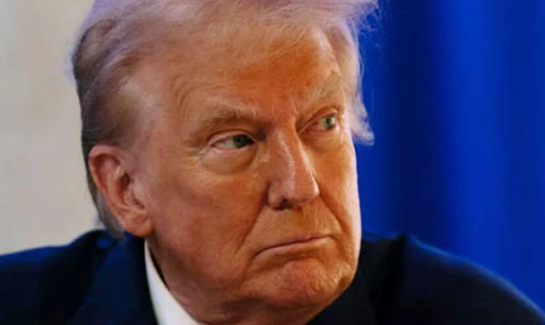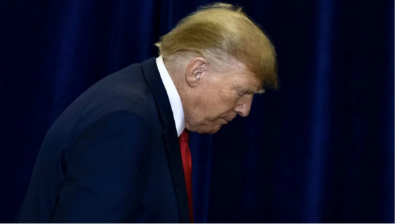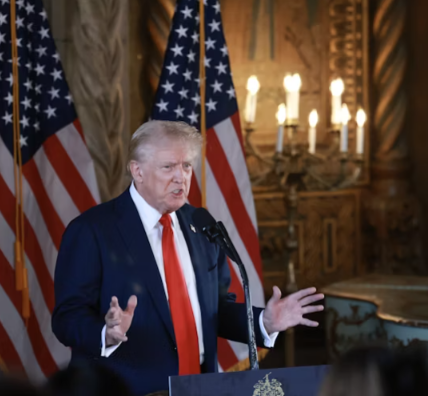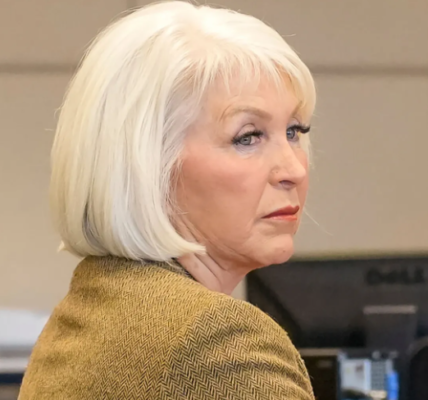Investigation Uncovers Trump’s Scheme That Has Funneled Millions in Campaign Donations Into His Own Pocket

SHARE
Donald Trump has found a lucrative way to channel millions in campaign donations directly into his own businesses, raising significant concerns about the intertwining of his political influence and personal profit. An investigation has uncovered a striking pattern of former President Donald Trump redirecting millions of campaign dollars into his own businesses.
Since late last year, Trump’s influence has seen a surge in campaign spending at his properties. For instance, after endorsing Bernie Moreno for Ohio’s Senate seat, Moreno’s campaign rapidly spent $17,000 at Trump’s Mar-a-Lago resort, followed by an additional $79,000 the next month. This trend highlights a broader pattern of Trump leveraging his political endorsements to benefit his personal financial interests.
According to federal campaign finance data flagged by CNN, Republican candidates and political groups are on track to spend more on Trump’s businesses this year than in any previous year since 2016. Trump has personally channeled the most money, with his campaign and related groups directing over $28 million into his businesses, turning political support into personal profit, according to the report.
In the first half of 2024 alone, nearly $3.2 million in campaign funds have been spent at Trump’s properties. Of this amount, more than 80% came from Trump’s own campaign and related groups, including $1.9 million spent on his private jet service and over $1 million at Mar-a-Lago. Additional spending includes around $200,000 at Trump’s other hotels and resorts.
About 150 congressional candidates have reported spending campaign funds at Trump businesses, the investigation found. Some of the biggest spenders have been new politicians who received early endorsements from Trump, such as Moreno, former Georgia Senate candidate Herschel Walker, and Arizona Senate hopeful Kari Lake.
Trump’s campaign spokesperson Karoline Leavitt defended the expenditures, claiming that “committees are paying the fair market rate for all venues and services” provided by Trump’s businesses.
The pattern of candidates investing heavily in Trump’s properties to secure his endorsement underscores his significant control over the Republican Party. Daniel Weiner, director of the Brennan Center’s Elections and Government Program, commented that this dynamic reflects Trump’s dominance, with spending at his businesses becoming a common means for candidates to demonstrate loyalty.
“They want to help his ticket win, and they want to express their support,” Weiner said. “To the extent that a campaign is used in part to prop up his businesses – that’s a concern.”
Federal Election Commission data shows that since Trump’s 2015 presidential campaign launch, Republican candidates have consistently spent campaign funds at his properties. The recent surge in expenditures at Mar-a-Lago and other Trump-affiliated venues illustrates the ongoing financial impact of Trump’s political endorsements.
This development raises ethical concerns, as some experts worry about the potential for conflicts of interest. Kathleen Clark, a government ethics expert, noted the troubling implications of Trump’s financial gains from campaign spending, though Trump’s spokesperson has dismissed such concerns as politically motivated.



